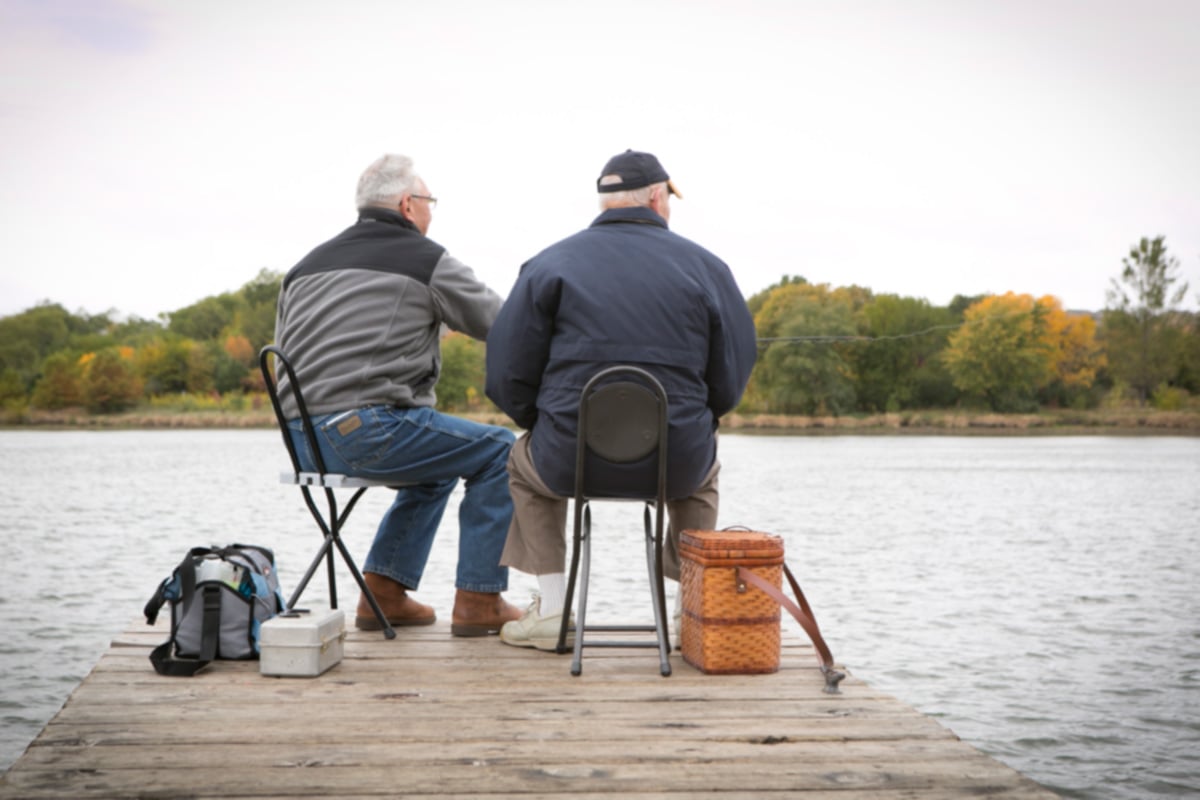Preventing loneliness is an important aspect of effective senior care. Oxnard, CA seniors tend to feel lonely when they are no longer working or seeing visitors as often as they used to, which can be said of seniors almost anywhere in the world. Those living alone often have it worse. However, with help from a personal companion for the elderly, Oxnard, CA seniors tend to experience less loneliness and depression. The first step towards addressing loneliness in aging adults is determining whether an elderly loved one is experiencing it, to begin with. The following signs should help families of aging adults determine whether a personal companion is necessary to provide the most effective senior care when the family can’t be there.
- Deteriorating Communication Skills. If your elderly loved one no longer seems motivated to socialize (even over the phone/online) or is often struggling to think of words or remember what they’re saying in the middle of a sentence, they might need more mental stimulation. With home care assistance, Oxnard, CA seniors have more opportunities to engage in conversation and stay active, which helps prevent loneliness and depression.
- Signs of Memory Loss. Memory loss can be a sign of Alzheimer’s or other forms of dementia that may soon require acute care. However, even seniors without Alzheimer’s or dementia may struggle more and more to remember things like names and events as the years go by. With safe, compassionate, and personal senior care, Oxnard, CA seniors will have a friendly person to talk to about the things that matter, so they’re less likely to forget those important details.
- Major Changes in Attitude or Appearance. People do change over time, of course, but it’s a red flag if an aging loved one has suddenly stopped taking care of their physical appearance like they used to or started acting drastically different. Rumpled clothes, drastic changes in weight, unusual/frequent expressions of sadness or frustration, and dramatic increases in phone/online communications are all possible signs of loneliness.
- Difficulty Concentrating. If your elderly loved one often seems disengaged, flustered, restless, or sad when you are trying to talk to them, it might be a sign that they are struggling with loneliness. Behaviors that are often thought to be signs of hearing loss – such as frequently mishearing or asking people to repeat things – may even be signs that a loved one is having trouble concentrating because they are lonely or depressed.
The next step is getting the necessary help to ensure your elderly loved one doesn’t have to suffer from loneliness even when family members can’t be there. Contact Home Instead today at (805) 370-0303 or online to learn more about addressing loneliness with compassionate, personalized, safe and hygienic in-home care.



